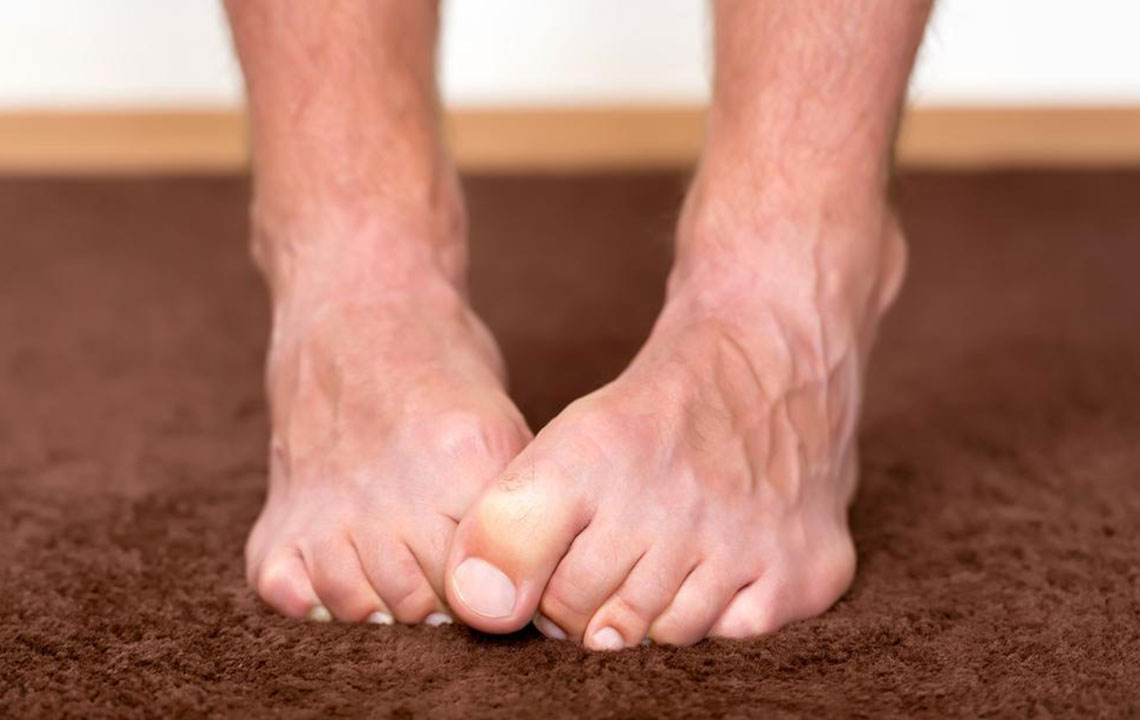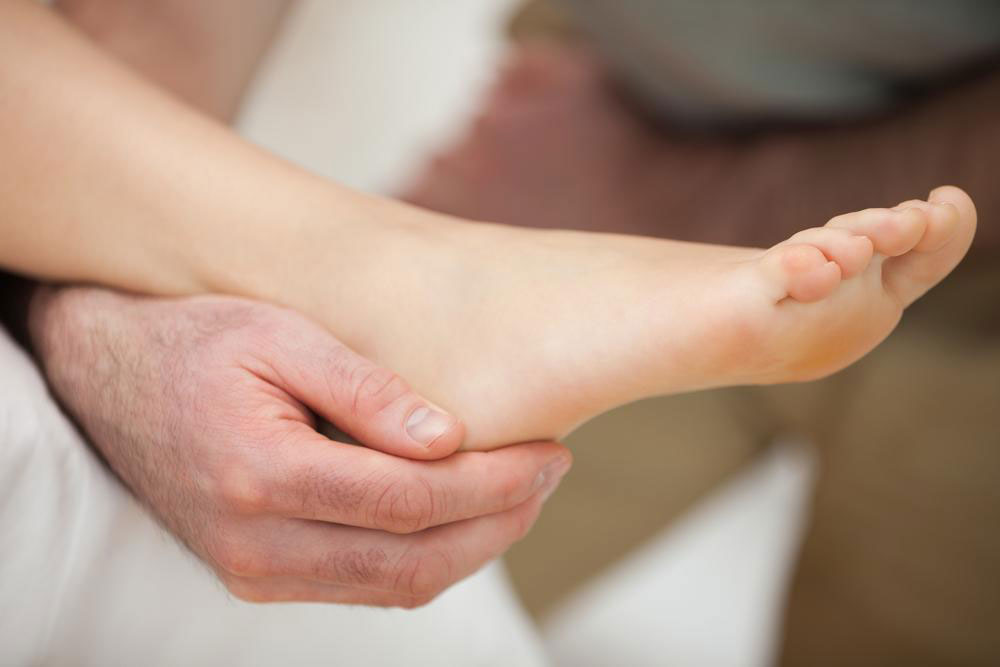Key Signs of Neuropathy You Should Recognize Early
Recognizing key symptoms of neuropathy early is vital for effective management. Symptoms include tingling, muscle weakness, and organ-related issues like digestive discomfort and abnormal sweating. Prompt consultation with healthcare professionals can prevent serious complications and improve quality of life.

Key Signs of Neuropathy You Should Recognize Early
Neuropathy occurs when peripheral nerves become damaged or impaired, often affecting individuals over 55, though younger people are also at risk. It can lead to diverse symptoms, from sexual dysfunction to digestive issues. Recognizing early signs is crucial for timely intervention. Common indicators include tingling or burning sensations in limbs, muscle weakness, coordination problems, and organ-related symptoms such as digestive discomfort, urinary leaks, or abnormal sweating. Early diagnosis and medical consultation can help prevent serious complications.
Unusual sensations and pain: Tingling, burning, or numbness in extremities, especially feet and toes, often signal nerve issues.
You might also notice numbness in affected areas.
Muscle control problems: Nerve damage can cause weakness, difficulty coordinating movements, muscle cramps, twitching, or sudden falls.
Organ-specific symptoms: Neuropathy can impact different organs, resulting in various issues:
Digestive system: Problems like indigestion, constipation, abdominal bloating, and difficulty swallowing.
Cardiac issues: Lightheadedness or dizziness when standing may occur due to nerve damage affecting the heart.
Urinary system: Incontinence or urine leakage can be a sign of peripheral neuropathy.
Reproductive system: Erectile difficulties in men and vaginal dryness are common symptoms.
Excessive sweating: Unusual sweating, even in cool conditions, may indicate nerve involvement.
If you experience any of these symptoms, consulting a neurologist promptly is essential for early diagnosis and treatment, helping to avoid further health issues.










